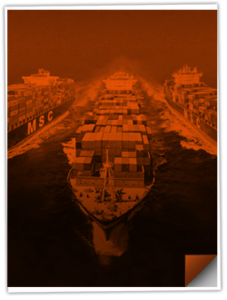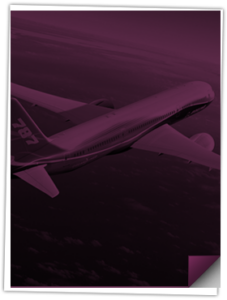What is an Air Waybill (AWB)?
An Air Waybill (AWB) is a legal document issued by an airline or air freight carrier that serves as a contract of carriage between the shipper and the carrier. It acts as a receipt for the goods, outlines shipping instructions, and provides key details like:
- The name and address of the shipper and consignee
- A detailed description of the cargo
- Origin and destination airports
- Tracking number for shipment visibility
- Terms and conditions of transport
Unlike a bill of lading used in ocean freight, an AWB is non-negotiable—meaning it does not serve as a document of title and cannot be transferred to another party.
Why is an Air Waybill Important?
- Ensures customs clearance and documentation compliance
- Enables real-time tracking of air cargo
- Provides a proof of shipment for exporters and logistics providers
- Streamlines the billing and delivery process in international air freight
Types of Air Waybills
- Master AWB (MAWB): Issued by the airline to a freight forwarder
- House AWB (HAWB): Issued by the freight forwarder to their customer (the shipper)
Common Use Case Example
A shipper exporting electronics from New York to Tokyo via air freight would receive an Air Waybill from the airline or freight forwarder. This document would accompany the shipment and be used for customs entry in Japan, tracking the cargo en route, and confirming delivery.



